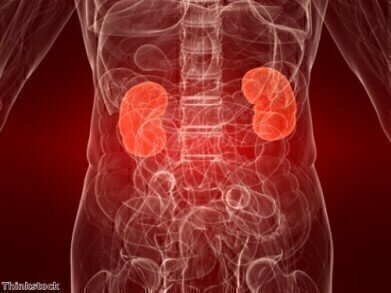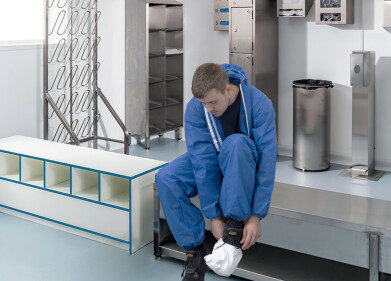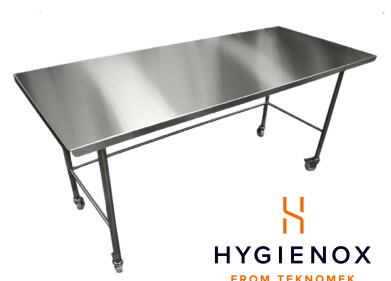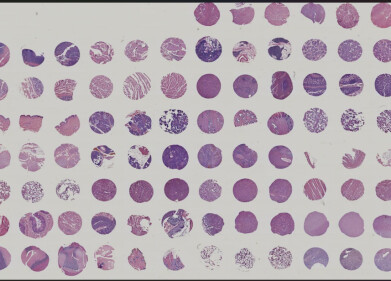-
 Patients can be monitored for rejection of transplanted kidneys through new non-invasive testing technique
Patients can be monitored for rejection of transplanted kidneys through new non-invasive testing technique
Laboratory Products
Clinical trial develops non-invasive test for early indication of kidney transplant rejection
Jul 05 2013
A new clinical trial has shown that a non-invasive test has the ability to detect if a patient is rejecting transplanted kidneys. Weill Cornell Medical College has developed the 3-gene signature test in order provide effective treatment for patients who are likely to reject their transplanted kidneys well before they start to display symptoms of doing so.
The report on the clinical trial has been published in the New England Journal of Medicine (NEJM) and details how the levels of three genetic molecules in urine samples can indicate if rejection is taking place.
According to the study's lead author, Doctor Manikkam Suthanthiran, the test is an incredibly accurate way of diagnosing the serious complication well before a patient begins to display symptoms; by which point it is often too late for treatment.
Dr Suthanthiran, Stanton Griffis Distinguished Professor of Medicine at Weill Cornell Medical College and chief of Transplantation Medicine, Nephrology and Hypertension at NewYork-Presbyterian Hospital/Weill Cornell Medical Centre, said: "It looks to us that we can actually anticipate rejection of a kidney several weeks before rejection begins to damage the transplant.
"We have, for the first time, the opportunity to manage transplant patients in a more precise, individualised fashion. This is good news since it moves us from the current one-size-fits-all treatment model to a much more personalised plan."
The new test could also be used to aid doctors to determine how much of the immunosuppressive drugs a patient who has undergone a kidney transplant will need in order to further reduce the risk of rejection. As patients are required to take these drugs for the rest of their lives, having a way to determine the dosage for individuals could create a more effective course of treatment in the long run.
The study co-author, Doctor Darshana Dadhania, associate attending physician at NewYork-presbyterian Hospital and associate professor of medicine and medicine in surgery at Weill Cornell Medical College, has said that a test such as this is vital in helping patients that have undergone a kidney transplant to live a longer life. The testing could have the capability of vastly improving the life and maintaining the effectiveness of the transplanted organ.
Digital Edition
International Labmate Buyers' Guide 2024/25
June 2024
Buyers' Guide featuring: Product Listings & Manufacturers Directory Chromatography Articles - Enhancing HPLC Field Service with fast-response, non-invasive flowmeters - Digital transformatio...
View all digital editions
Events
Jul 03 2024 Gandhinagar, India
Jul 07 2024 Dublin, Ireland
Jul 20 2024 Denver, CO, USA
Jul 21 2024 Cape Town, South Africa
Jul 28 2024 San Diego, CA USA












-(1).jpg)




